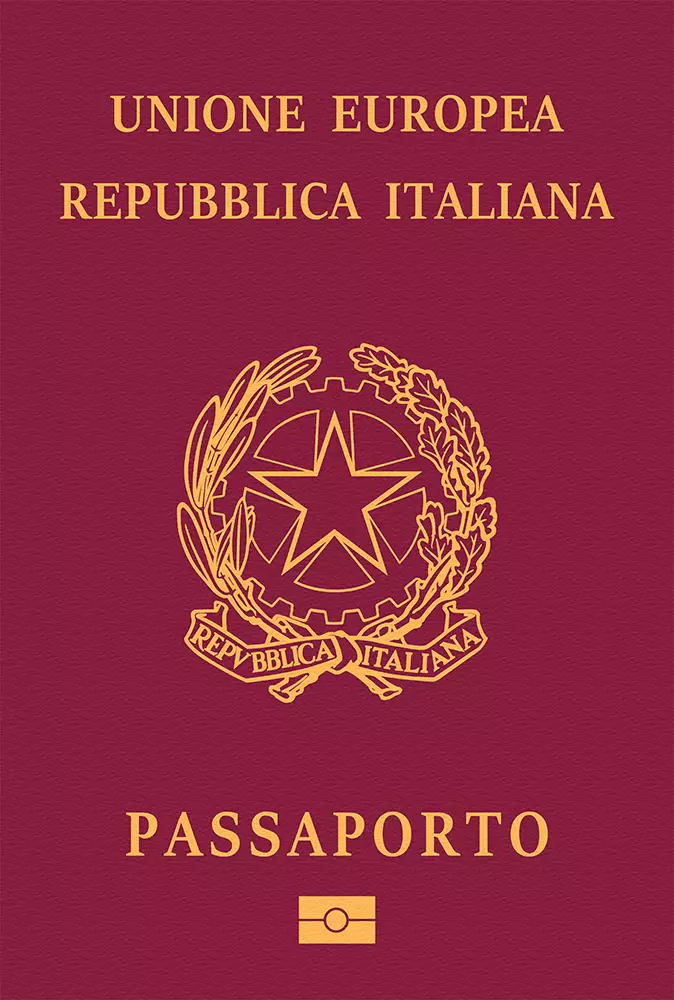
Italy
The Italian passport ranks 3rd on the Guide Passport Index, granting visa-free access to 192 countries. Known for its very high mobility score, it is considered one of the most desirable passports worldwide. Italian passport holders enjoy visa-free and visa-on-arrival access to countries like Brazil, Japan, the United Kingdom, the United Arab Emirates, and the United States, enabling almost instant global travel. However, Italian passport holders require a visa for approximately 37 destinations worldwide.
Top Travel Destinations in Italy

Galleria Vittorio Emanuele II

Fontana di Trevi

Duomo di Milano

Colosseum
Documents Required for Italian Visa
The visa application process for an Italian visa involves completing an online application form, gathering the required documents, and submitting them through the Italian Ministry of Foreign Affairs (MAECI) portal or at an Italian embassy, consulate, or visa application center. Applicants must provide essential documents such as a valid passport, passport-sized photographs, proof of travel plans, financial statements, and in some cases, documents such as an invitation letter, accommodation reservations, or a return ticket. Requirements can differ based on nationality and the purpose of travel, so it’s important to check specific visa requirements for your situation.
How to Apply for an Italian Visa
For detailed information on the application process and visa fees, please visit the official Italian Visa Application portal.
Key Information:
- Processing Time: Typically 10-15 business days for most visa types. Expedited options may be available for certain categories.
- Fees: Visa fees vary depending on the visa type and nationality. Visit the official website for the latest fee structure.
Visa Validity and Duration of Stay
The validity of an Italian visa depends on the type of visa you are applying for. Tourist visas are typically valid for up to 90 days within a 180-day period, while business, study, and work visas can be valid for up to 1 year or more. The validity period usually begins from the date of issue, so be sure to plan your travel accordingly.
The duration of stay varies by visa type. For example, a Tourist Visa allows stays of up to 90 days within the Schengen Area. Other visas, such as work and student visas, can permit longer stays, often up to 1 year or more. Be sure to review the specific conditions for your visa type, as overstaying your visa in Italy can result in fines and difficulty obtaining future visas.
Visa Extension or Renewal (if applicable)
If you’re already in Italy and need to extend your stay, visa extension is possible under certain conditions. Extensions are generally available for Tourist Visas and other short-term visa types. You can apply for an extension at the local immigration office (Questura) by submitting the required documents and paying the applicable fees.
Visa renewal is possible for specific long-term visa categories, such as work or study visas. To renew your visa, you will need to submit updated documentation, such as proof of employment, academic enrollment, or financial stability. Keep in mind that not all visa types are eligible for renewal, so it’s essential to confirm with Italian immigration authorities.
Overstaying your visa in Italy can lead to fines, deportation, and restrictions on future entry. To avoid these issues, make sure to apply for an extension or renewal well in advance of your visa expiration.